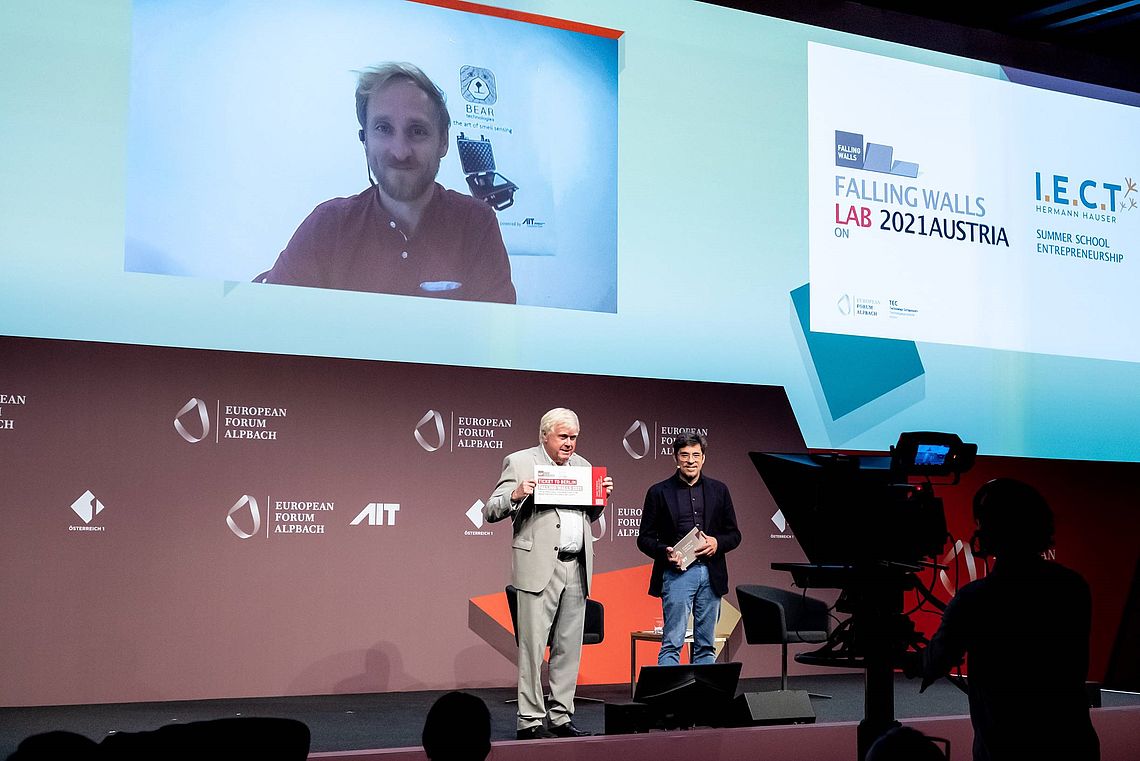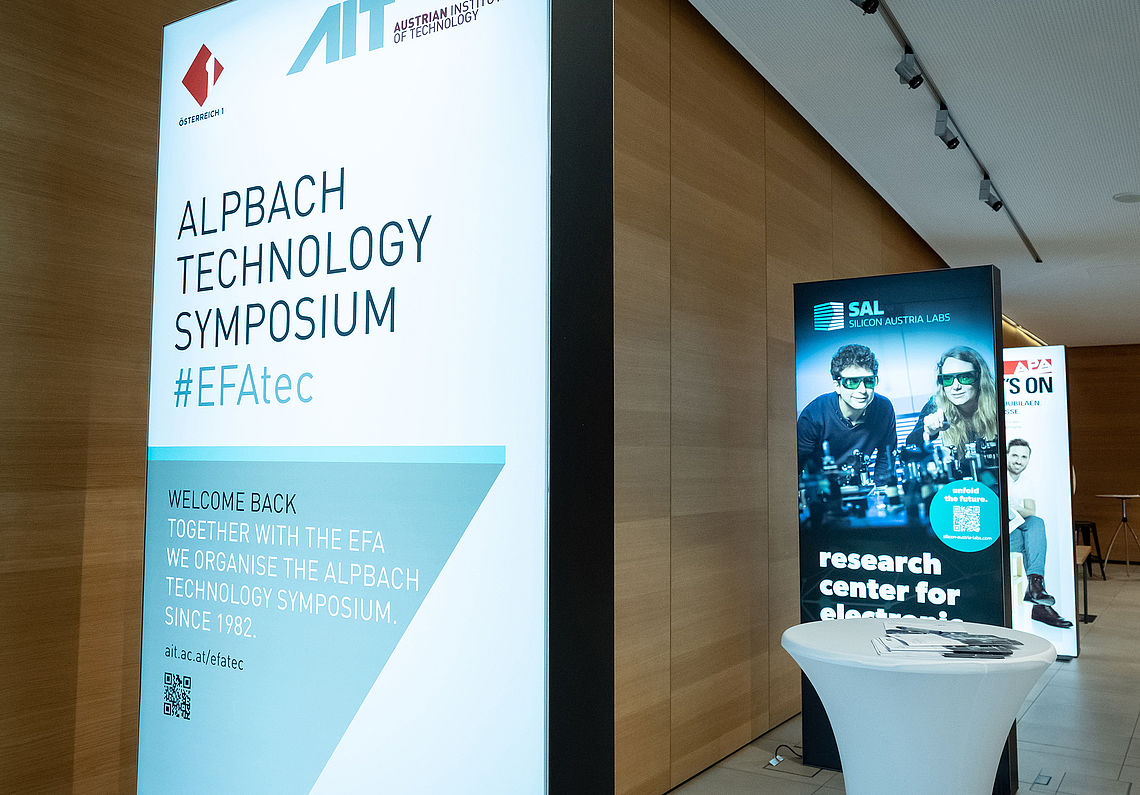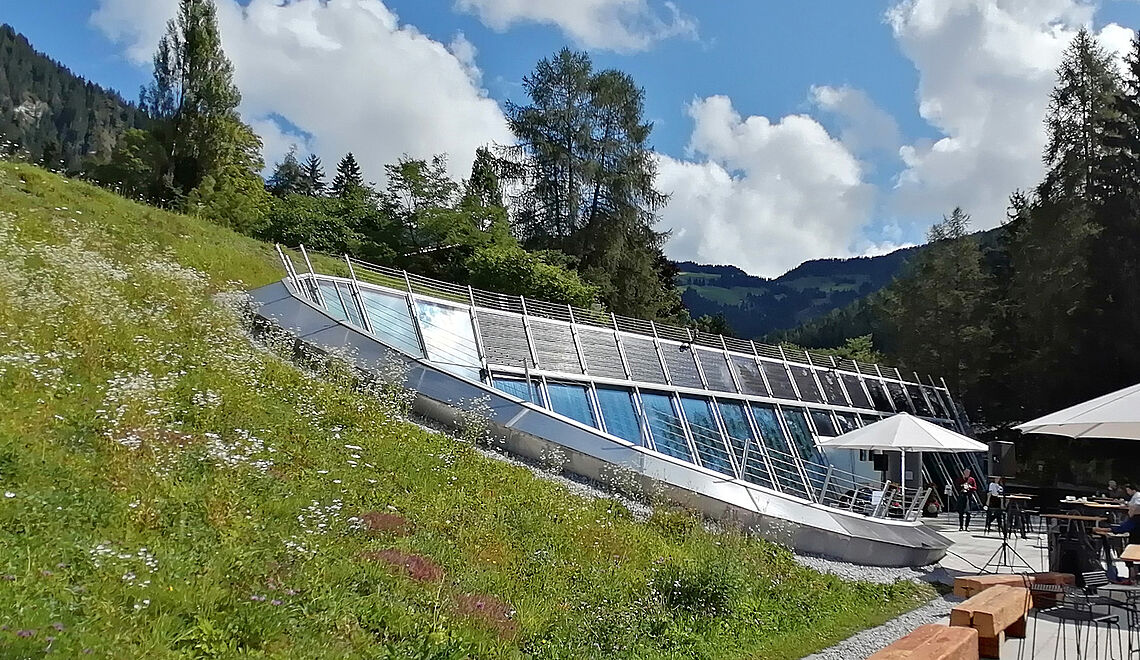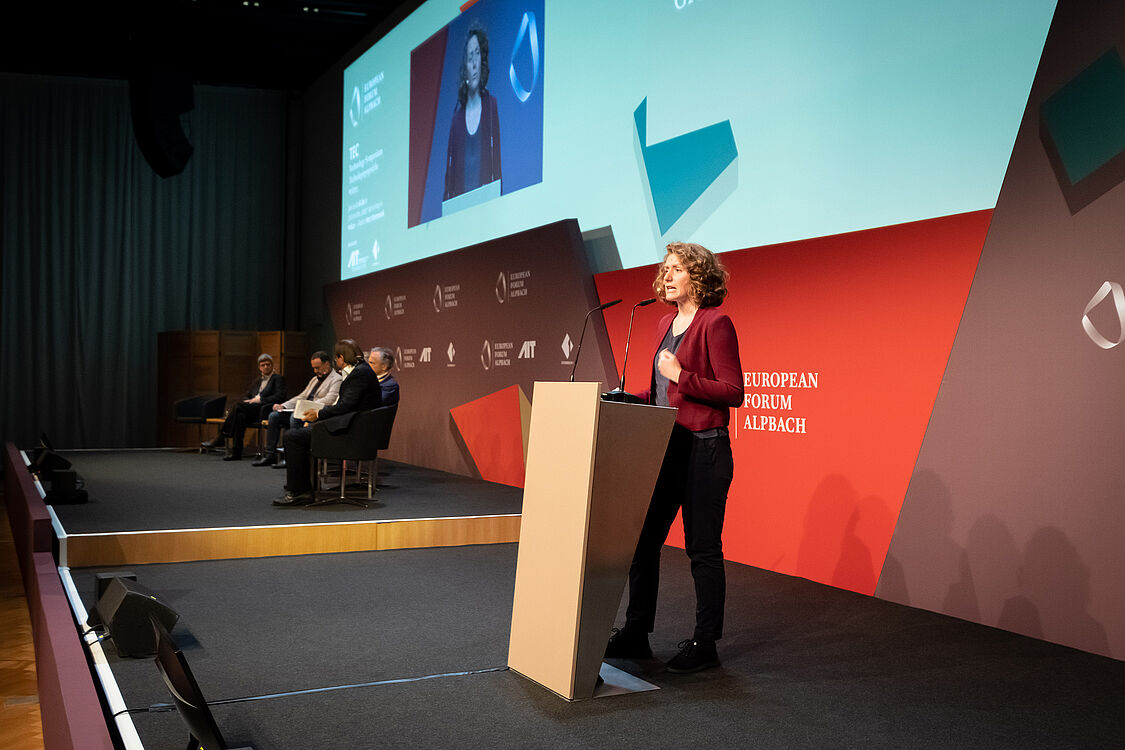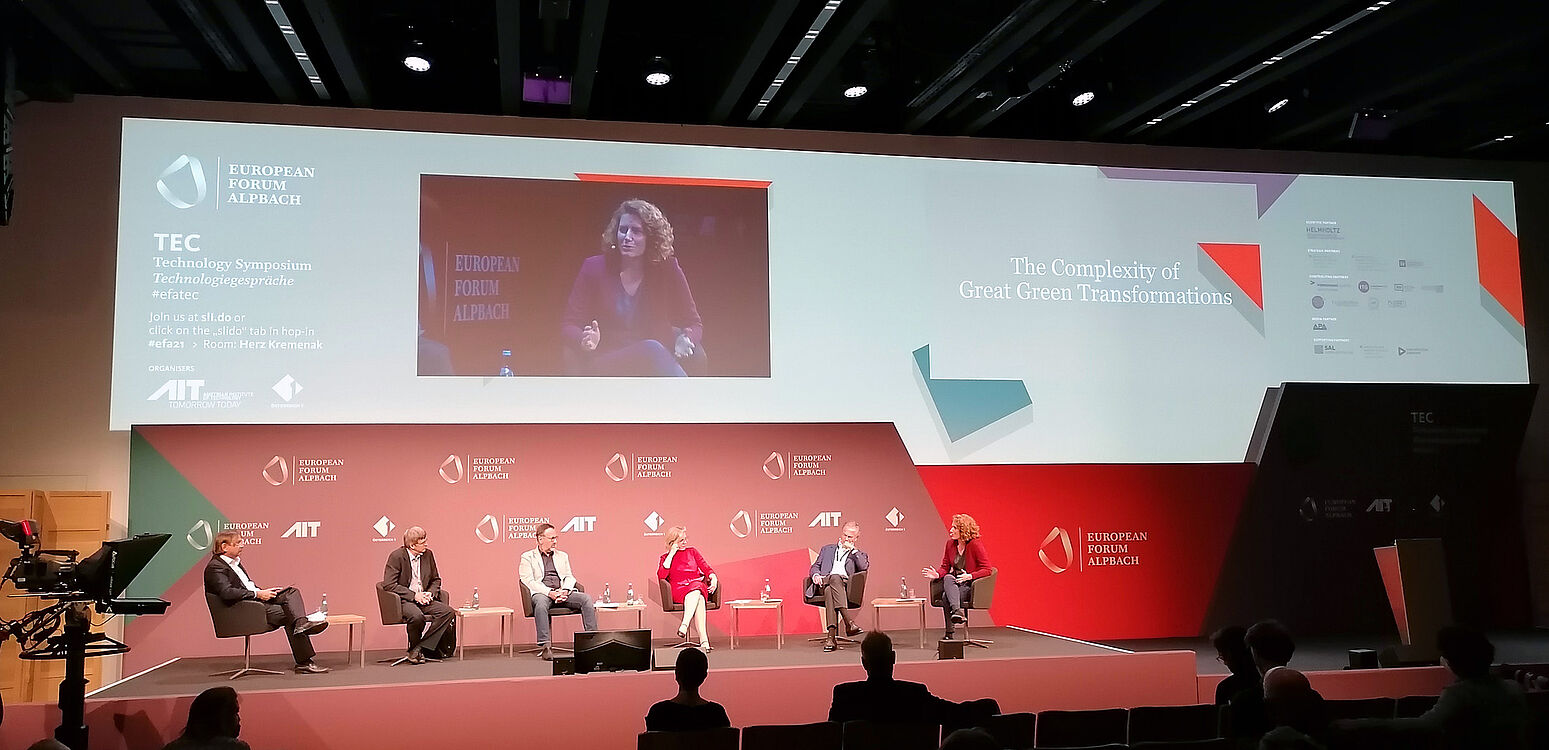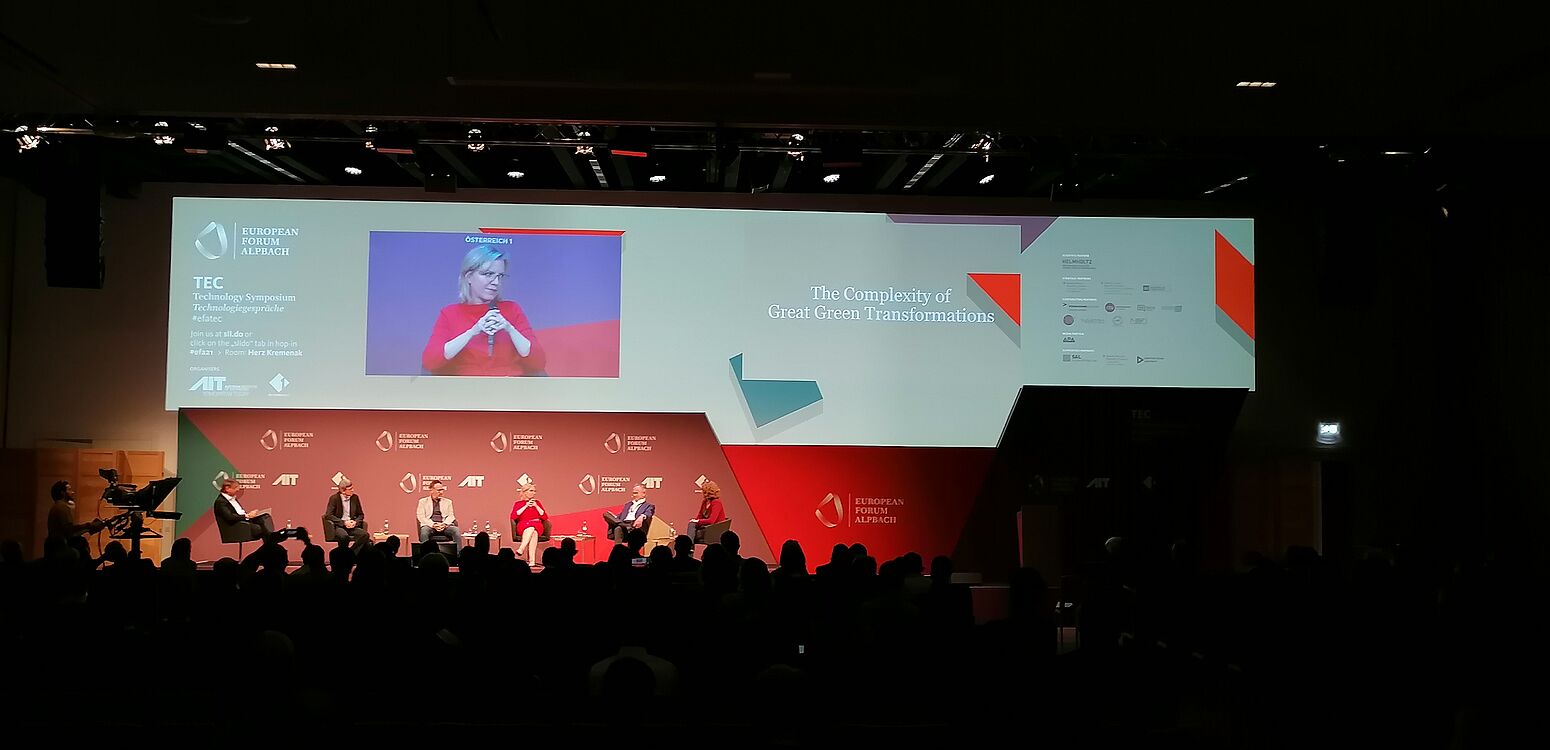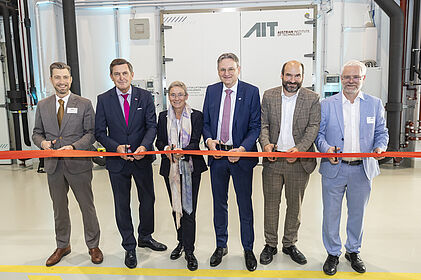At the Alpbach Technology Talks 2021, possibilities, opportunities and obstacles for the transformation of the economy and society as a result of the challenges posed by decarbonization and digitalization were highlighted. Not least, the Corona crisis shows how crucial science, research and technology are for solving the challenges of the future.
